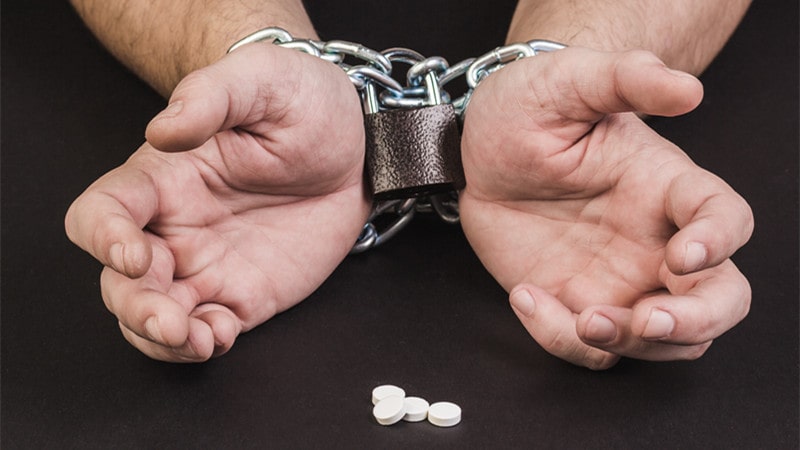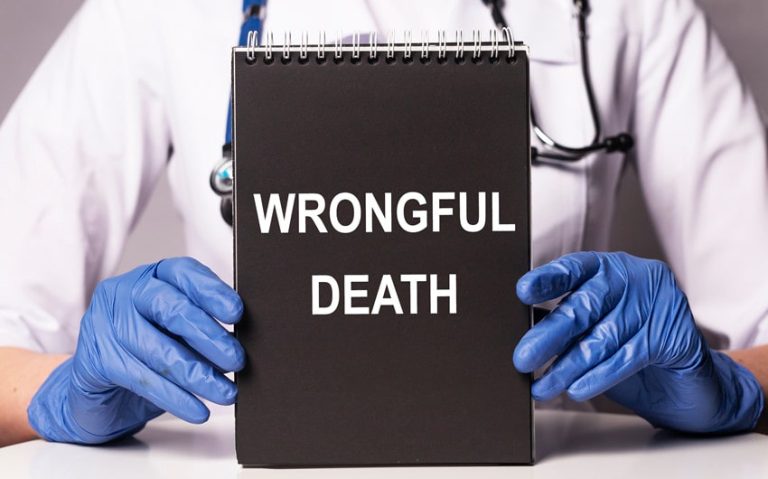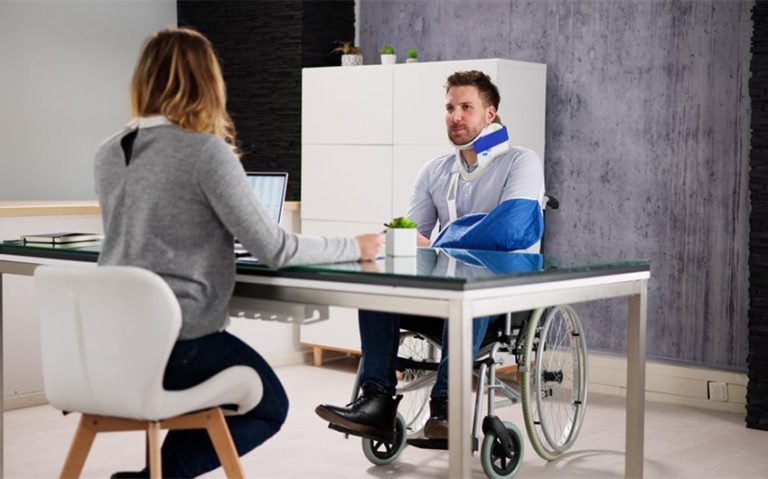Wrongful conviction is a pervasive issue within the criminal justice system, and surprisingly, wrongful accusations are far more common than you might expect. When you’re in such a difficult situation, there are certain dos and don’ts to help protect your rights and increase your chances of clearing your name.
The lack of competent legal representation has become a recurrent theme in wrongful convictions, particularly in drug-related cases where complex drug laws and forensic evidence require specialized legal knowledge and expertise.
Proving your innocence needs evidence. Jeff Marshall Law in Tampa points out that collecting evidence is a critical stage that can make or break the validity of the allegations that have been made. A skilled drug lawyer can leverage the experience learned from similar cases to employ numerous different defense strategies.
In this article, we will talk about the dos and don’ts in detail and give you some insights to handle the situation with confidence.
Legal Representation
If you find yourself wrongfully accused of a drug-related crime in Tampa, seek legal representation immediately. Being wrongly accused can be a terrifying and overwhelming experience, but having a skilled attorney by your side can make all the difference in protecting your rights and having a fair outcome.
Facing drug-related charges can easily make you feel hopeless and alone. In such circumstances, the importance of having a knowledgeable lawyer on your side can’t be underestimated. Your attorney will thoroughly investigate your case, gather evidence, and build a strong defense strategy tailored to your specific situation.
Gather Evidence to Support Your Innocence
Evidence that supports your innocence has to be gathered as soon as possible. This will prove your case and clear your name. Here is evidence that would be of use to you:
- Any documents or records that can prove your whereabouts at the time of the alleged crime. This may include receipts, phone records, or witness statements.
- Any evidence that can challenge the credibility of the prosecution’s case. This could be in the form of surveillance footage, DNA testing, or expert testimony.
- Documentation of any inconsistencies or errors in the police report or evidence collection process. Take photographs or videos of the scene where the alleged crime took place, as well as any physical evidence that may have been mishandled.
- Character references from friends, family, or colleagues who can attest to your good reputation and moral character.
Exercise Your Right to Remain Silent
When you find yourself wrongfully accused of a drug-related crime in Tampa, you have to exercise your right to remain silent. Exercising this right doesn’t imply guilt; drug crimes lawyer Zachary North says it’s a fundamental legal protection afforded to all individuals.
While it’s natural to feel compelled to defend yourself and explain your innocence when confronted by a law enforcement officer, keep in mind that anything you say can and will be used against you in a court of law. Remaining silent can protect you from potentially incriminating statements that could be misconstrued or used against you later on.
You must resist this urge and instead assert your right to remain silent. Politely inform the officers that you won’t answer any questions without the presence of your attorney. This simple act can prevent unintentional self-incrimination and provide you with valuable time to consult with legal counsel.
Law enforcement officers may use various tactics to try and elicit information from you, including intimidation or promises of leniency. Regardless, you have to stay firm and reiterate your right to remain silent.
Avoid Discussing Your Case With Anyone Except Your Attorney
Because of the attorney-client privilege, your lawyer is required by law to keep all communications between you private. By confiding in your attorney alone, you can trust that your information won’t be shared with anyone else, including law enforcement or prosecutors.
Discussing your case with anyone other than your attorney can have serious consequences. Even if it seems harmless to talk to friends, family members, or even strangers about your situation, it can potentially harm your defense. People may unintentionally share your information with others, leading to rumors, misunderstandings, or even interference with your case. Keep in mind that anything you say outside of the attorney-client relationship may be used against you in court.
Your attorney is the best person to guide you through the legal process and provide you with the appropriate advice. They have the knowledge and experience to analyze the evidence, assess the strengths and weaknesses of your case, and develop a solid defense strategy. Keeping the details of your case confidential allows your attorney to work effectively on your behalf and protect your rights.
Cooperate With Law Enforcement Within Reason
While it may be tempting to resist or be uncooperative, remember that maintaining a cooperative attitude can help establish your innocence and expedite the resolution of your case. Remain calm and composed when interacting with law enforcement, as any signs of aggression or hostility can be misconstrued and negatively impact your case.
One way to cooperate with law enforcement is by providing them with the necessary information and documentation that supports your innocence. This may include alibis, witnesses, or evidence that can disprove the accusations against you. You have to be cautious about sharing too much information or answering questions that may incriminate you. It’s advisable to consult with your attorney before providing any statements or agreeing to any searches.
Always remember that you have rights, even if you’re wrongfully accused. You have the right to remain silent and the right to legal counsel. You should exercise these rights and consult with your attorney before making any decisions or taking any actions that may compromise your case.
Conclusion
If you find yourself wrongfully accused of a drug-related crime in Tampa, seek legal representation immediately. Gather any evidence that supports your innocence, and exercise your right to remain silent.
Remember to only discuss your case with your attorney and avoid speaking to anyone else about it. While it’s important to cooperate with law enforcement to a reasonable extent, always prioritize your legal rights and consult with an attorney for guidance.







